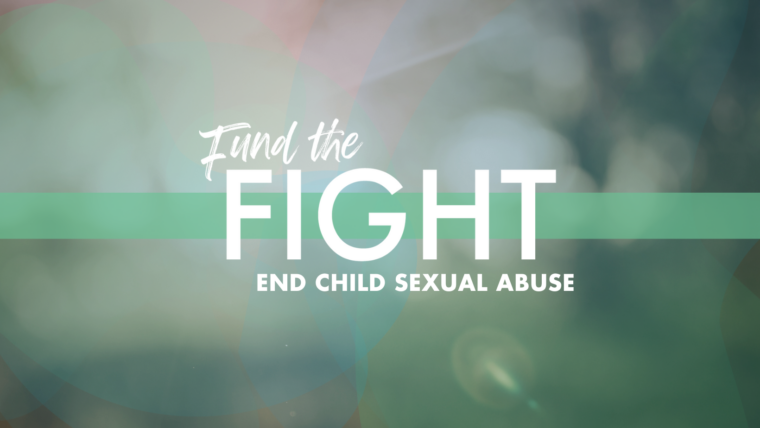Have you ever noticed that kids seem to be experts at asking difficult questions? As the adult in their life, you want to be able to equip them to handle all of life’s curveballs… but some topics just seem to come out of left field. Using scenes from movies can be a great way to open up tricky conversations with your kids. Here are seven great examples from different Disney movies that can help you illustrate principles of body safety. Use these scenes to teach your kids:
…That it’s a parent’s job to keep kids safe.
via GIPHY | Disney’s The Lion King (1994)
When Mufasa takes Simba out to show him their kingdom, he warns Simba about where he can and can’t go: “Everything the light touches is our kingdom.” He sets a boundary to keep Simba safe. Show your kids that it’s your job to protect them, which sometimes means setting boundaries about what is and isn’t allowed. Openly discuss these boundaries with your kids and be honest about your reasoning. Age-appropriate conversations like this can help build protective bonds against abuse. Check out this blog post about creating a Family Code of Conduct for practical tips on how to create safe boundaries!
…That it’s ok if you don’t want to be touched.
via GIPHY | Disney’s The Emperor’s New Groove (2000)
Kuzco may have had a bad attitude, but he was right about one thing: if you don’t want to be touched, you can always say “no!” No-one should ever force you to touch, and if they touch you when you don’t want it, tell a safe adult. This also works the other way around. If someone tells you they don’t want to be touched, respect their boundaries! These are the basics of body safety. For more tips about holding this conversation, check out our guide to the consent conversations.
…That sometimes you just have to trust your gut.
via GIPHY | Disney’s Moana (2016)
Just like Moana feels like going out to sea is the best way to save her people, sometimes we have “gut feelings” that we should listen to. Sometimes listening to our gut can help us stay safe in uncertain situations. Even when everything seems normal on the surface, if you have a gut feeling, pay attention to it. (*This is especially important for parents, which is why we provide adult-focused resources here!)
…That you don’t have to be in a relationship with someone if you don’t want.
via GIPHY | Disney’s Beauty and the Beast (1991)
Belle was the most beautiful girl in her village, which made Gaston want her to be his wife… even though she wasn’t interested in him. Use this opportunity to teach your kids that they don’t have to do anything with anyone that they don’t like or who doesn’t respect them. Teach them they can always say “no,” and if their “no” isn’t respected, they should tell a safe adult who can help them.
…That, sometimes, we trust people we shouldn’t.
via GIPHY | Disney’s Frozen (2013)
This is a tough conversation to have with kids, but luckily, Prince Hans is here to help. Prince Hans tricked Ana into thinking he was in love with her so that he could become the king. Similarly, sometimes the people we love trick, lie to, or hurt us. Talk to your kids about how, while it may or may not make sense at first, if we trust our gut instinct like Elsa did when she first met Hans, we can avoid potentially dangerous situations. Empower them to tell a trusted adult if they ever get that gut feeling from someone. For more information about handling these situations, which can sometimes lead to a process called “grooming,” check out this post.
… That even when you disagree, they can be honest with you.
via GIPHY | Disney’s The Little Mermaid (1989)
When Ariel felt like she couldn’t be honest with her dad, the sea witch Ursula was able to exploit her and drive them apart. Teach your kids that it’s never ok for someone to put them in this kind of situation where one person is pitted against the other. It’s not ok for another adult to ask them to lie, keep secrets from you, or break family rules. Remind your kids that they can talk to you about anything and you’ll listen.
(P.S. unlike in The Little Mermaid, in most U.S. States, age 16 is still under the age of consent!)
…That they can always come to you for help.
via GIFER | Disney’s Hercules (1997)
When faced with Hades’ monster, Meg didn’t want Hercules’ help, but she needed it. Just like Meg needed help, sometimes we need help too. Make sure your kids know that if they are ever uncomfortable, upset, or in trouble, you will help them. This is one of the most important things we can do for kids. When they know you’re there for them, it builds a protective barrier against sexual abuse. This is called being a “Safe Adult.”
Watching and discussing movies together is a great way to build bonds of trust and safety with your kids. For more ways to build these bonds, and talk about body safety, check out this post about the What If Game. You can also get more child-focused resources from the Monique Burr Foundation for Children.
Follow us on social media to stay up to date and join the conversation.





